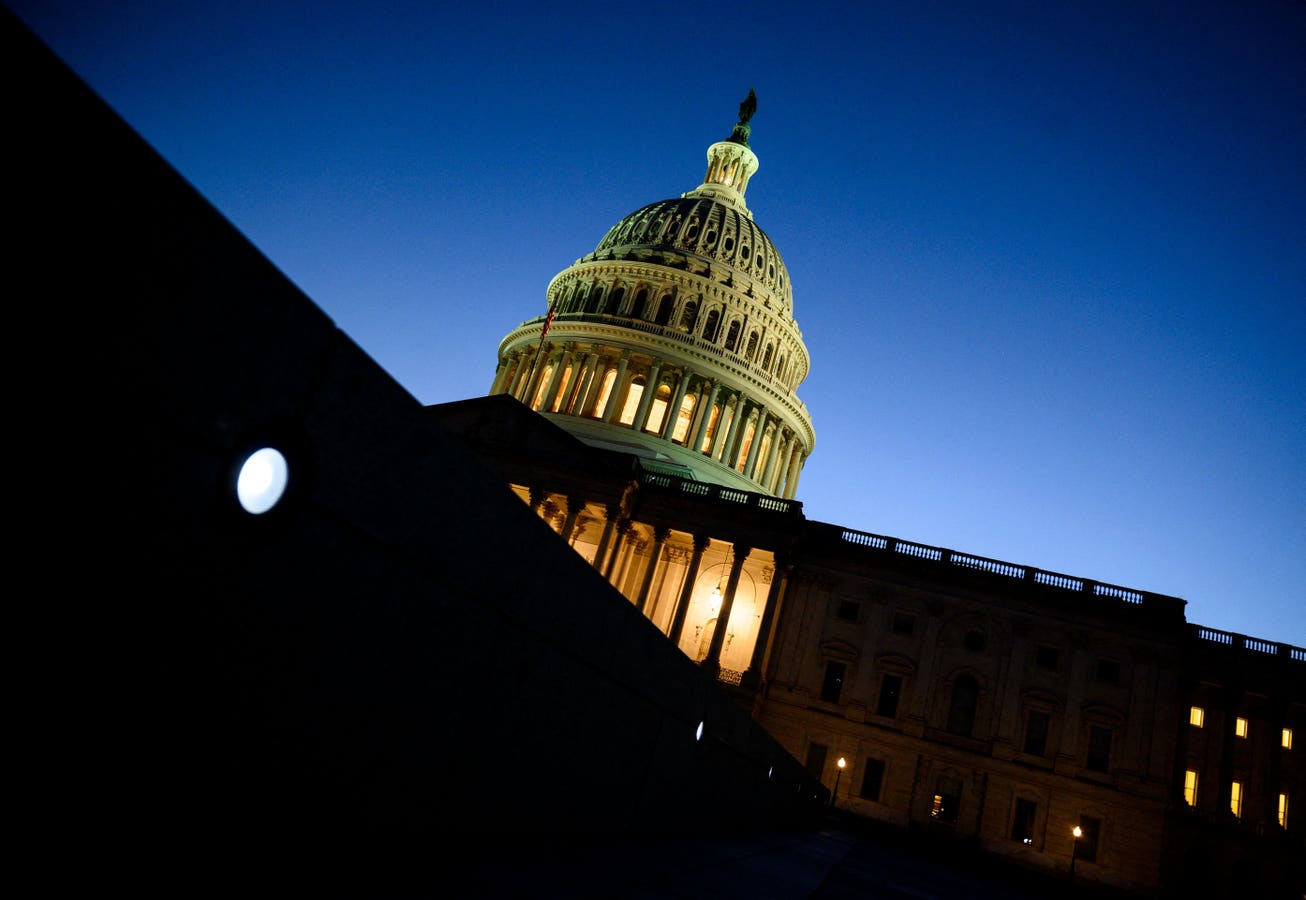Money
Will Tariffs Change The Course Of World Trade?

The Rise and Fall of the Washington Consensus: Understanding a Shifting Global Order
The Origins of the Washington Consensus and Its Role in Globalisation
The term "Washington Consensus" may seem obscure today, but in the early 1990s, it represented a powerful framework for globalisation. This concept emerged from the post-World War II world order, where institutions like the IMF (International Monetary Fund), the World Bank, and the United Nations in New York were established. These organisations, heavily influenced by American economic power, set the rules for globalisation. The Washington Consensus, a set of neoliberal economic policies, was criticised by the left as a "policy recipe book" that promoted free-market fundamentalism. Despite its critics, the Consensus provided a clear roadmap for countries seeking economic development, particularly in the Global South. It was a unifying approach that many nations followed as they entered the global economy. However, with the benefit of hindsight, its flaws and limitations have become apparent.
The Decline of the Washington Consensus and the Rise of Competing Models
Fast-forward to today, and the Washington Consensus is in disarray. The institutions that once championed it, such as the IMF and the WTO (World Trade Organization), have lost their influence. The U.S. withdrawal from the World Health Organisation further weakened the international order. The decline of the Washington Consensus reflects a broader shift in the global landscape. Countries now have alternative development models to choose from, such as China’s state-led approach or the "Trumpian" model of economic nationalism. Xi Jinping’s "China Dream" speech in 2012 marked a significant turning point, offering a non-democratic, state-driven path to development. This diversification of economic models signals the end of a single, dominant approach to globalisation.
The Post-Globalisation World and the Emergence of a Multi-Polar Order
The world is now entering a post-globalisation era, characterised by a multi-polar order where major powers like the U.S., China, and the EU are pursuing divergent paths. The decline of globalisation was hastened by events such as Brexit, the first Trump presidency, and the erosion of Hong Kong’s democratic freedoms. The U.S., under Donald Trump, has embraced American exceptionalism, seeking to "Make America Great Again" (MAGA) by distancing itself from the rest of the world. This shift is a stark contrast to the interconnected world of globalisation, where the U.S. was tightly linked to other nations through trade, ideas, and culture. The current trajectory suggests a future where the U.S. seeks to rise above the global community, severing ties built over centuries.
The Trump Presidency and the Fragmentation of International Relations
The second Trump presidency represents an early chapter in the post-globalisation world order. Unlike the Washington Consensus, which was rooted in American economic and political dominance, Trump’s approach relies on American exceptionalism. This has led to a fragmentation of international relations, as seen in the U.S.-Canada relationship. While President Kennedy once described Canada as a neighbour, friend, and partner, Trump’s actions have strained this relationship. The rest of the world may increasingly choose to distance itself from the U.S., risking the erosion of American financial power. Historically, empires have seen their financial influence wane as their dominance fades, a pattern that could repeat itself in the U.S. case.
The Rise of a New Economic Gravity: The UAE and the Fourth Pole Thesis
A more immediate consequence of "Exceptional America" is the emergence of a new economic gravity centred around the United Arab Emirates (UAE). This "Fourth Pole" thesis suggests that the UAE, together with India and Saudi Arabia, could become a new hub of trade and commercial activity. The UAE’s strategic location, low regulatory barriers, and access to a vast market of 2.5 billion people within a five-hour flight radius make it an attractive alternative to traditional economic centres. Meanwhile, regional trade deals like the Mercosur agreement between Latin America and the EU could further reshape the global trade landscape. These developments signal a shift away from the U.S.-led global order and towards a more fragmented, multi-polar world.
The Shifting Global Landscape: Implications for Europe and Beyond
In this new world order, Europe is being forced to rethink its approach to international relations. The German election and the growing need to address risks like Russia’s aggression suggest that Europe may adopt a more assertive stance. This shift could mark the beginning of a new era of geopolitical realignment, as regions and nations adapt to the declining influence of the Washington Consensus. The multi-polar world is not without its challenges, but it also presents opportunities for countries to chart their own paths and create new models of economic development. As the global order continues to evolve, one thing is clear: the world is entering a period of profound transformation, where old alliances are being tested, and new powers are rising to the forefront.











